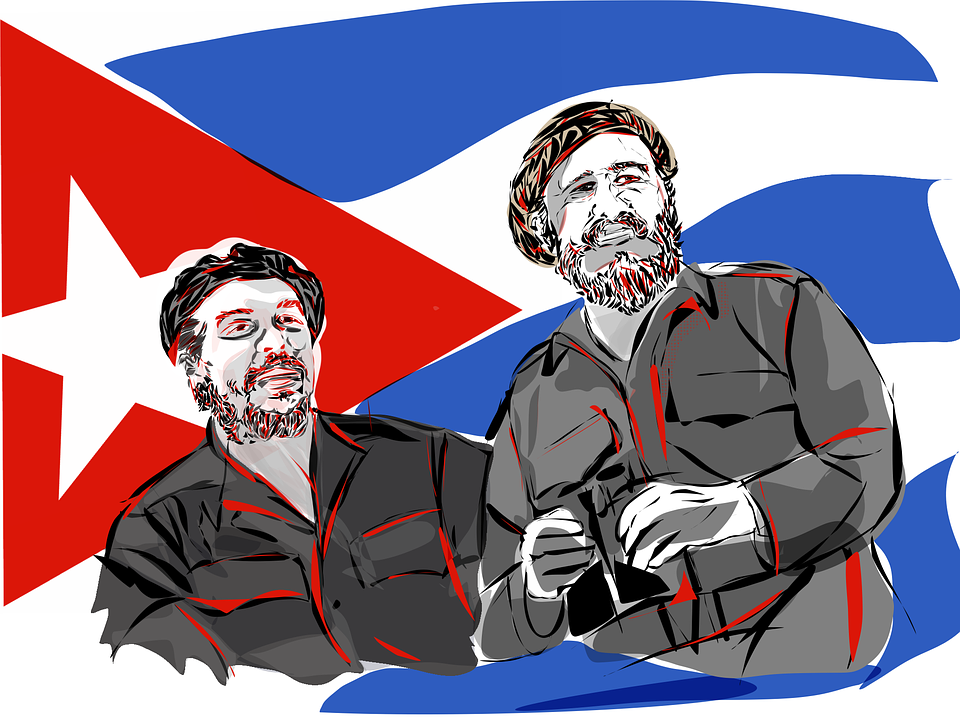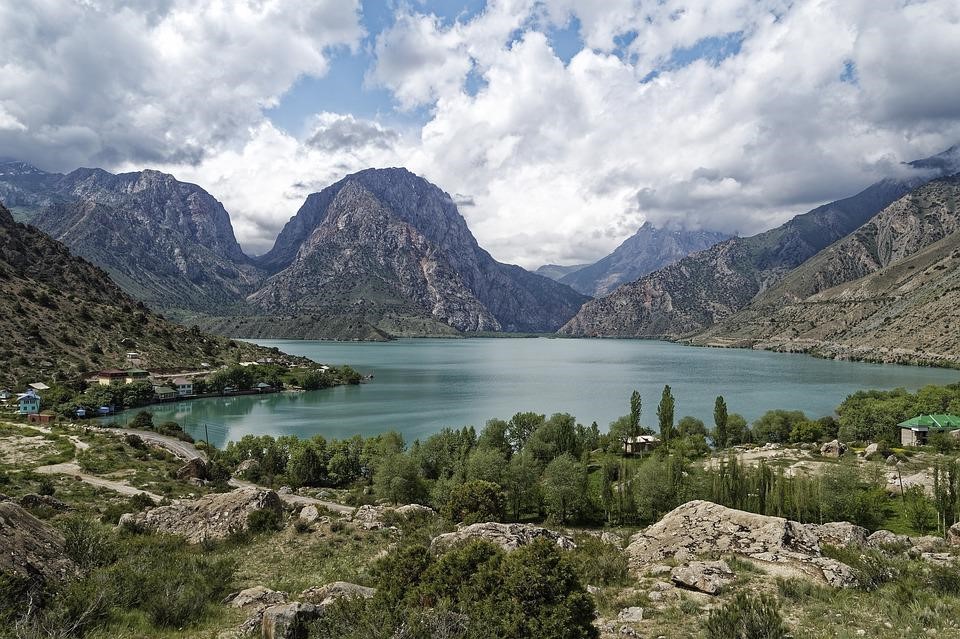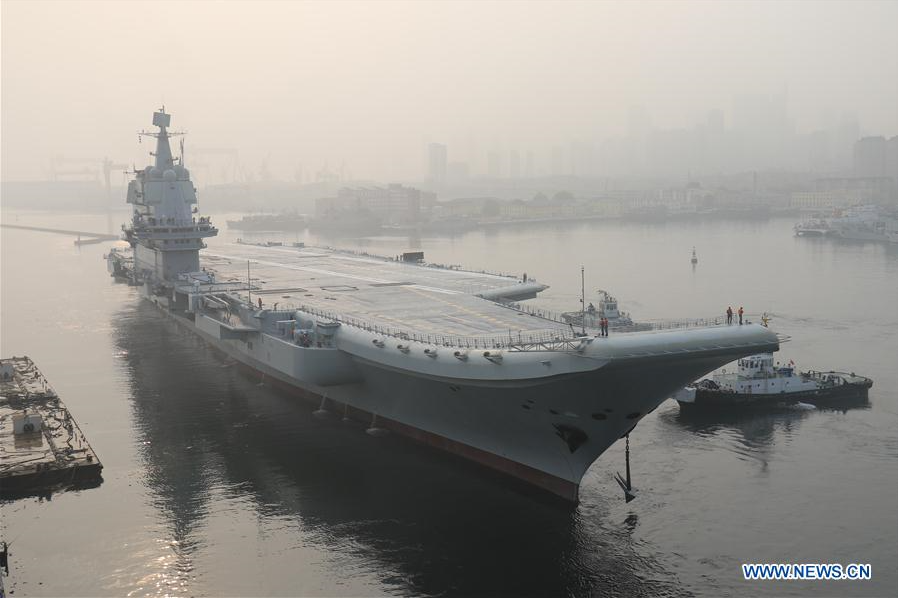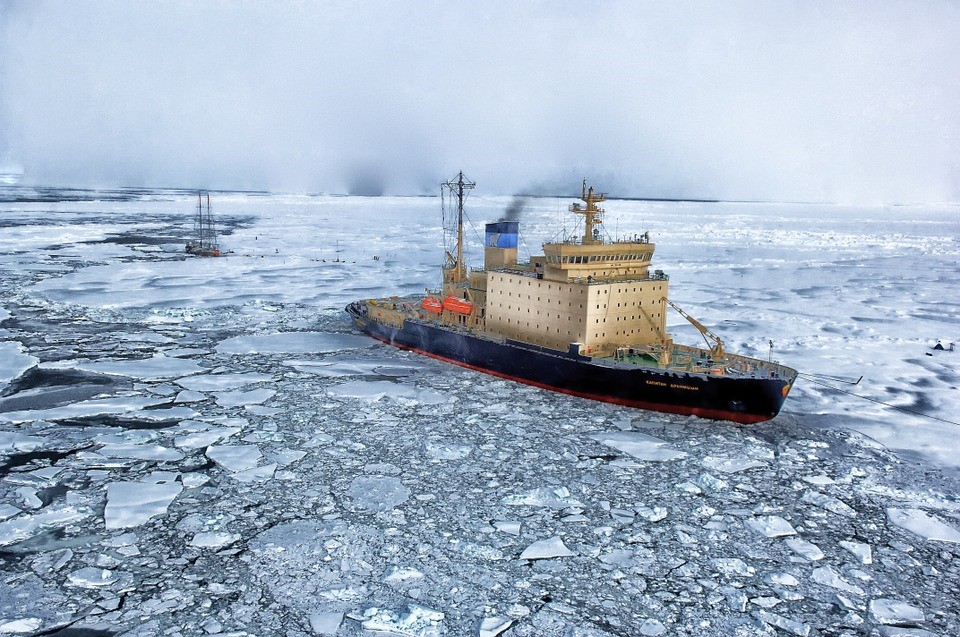From college dorm posters of the murderous Che Guevara to the fawning comments of American leftists, Cuba has long been the darling of Progressives. The truth is rather ugly, however. We present the State Department analysis of human rights in the island nation.
Cuba is an authoritarian state. The 2019 constitution codifies that Cuba remains a one-party system in which the Communist Party is the only legal political party. On April 19, President Miguel Diaz-Canel replaced former president Raul Castro as first secretary of the Communist Party, the highest political entity of the state by law. Elections were neither free nor fair nor competitive.
The Ministry of Interior controls police, internal security forces, and the prison system. The ministry’s National Revolutionary Police are the primary law enforcement organization. Specialized units of the ministry’s state security branch are responsible for monitoring, infiltrating, and suppressing independent political activity. The national leadership, including members of the military, maintained effective control over the security forces. There were credible reports that members of the security forces committed numerous abuses, and the number of political prisoners increased dramatically, with many held in pretrial detention under extremely harsh and degrading conditions.
On January 28, security forces violently arrested more than 20 artists and journalist peacefully protesting in front of the Ministry of Culture for the release of detained artists. On July 11, spontaneous peaceful protests broke out across the island. In the largest and most widespread demonstrations in decades, tens of thousands of citizens across the country poured into the streets to demand an end to repression as well as to criticize the government’s failure to meet their basic needs and its poor response to COVID-19. Social media posts helped spread news of the protests among citizens. Security forces responded with tear gas, beatings, and arrests. First Secretary of the Communist Party and President Miguel Diaz-Canel went on national television to call on “all revolutionaries and communists to confront these protests,” a reference to Article Four of the 2019 constitution, which gives citizens the right to “combat through any means, including armed combat” any who “intend to topple the political, social, and economic order established by this constitution.” Many of those arrested reported cruel and degrading treatment in prison. In October authorities denied permission for a protest planned for November 15 and threatened organizers. The government conducted summary trials for some protesters; sought long prison sentences, some up to 30 years, in hundreds of cases; and held other protesters in extended pretrial detention. Some activists chose to go into exile, and the government forced others to do so.
Significant human rights issues included credible reports of: unlawful or arbitrary killings, including extrajudicial killings, by the government; forced disappearance by the government; torture and cruel, inhuman, and degrading treatment of political dissidents, detainees, and prisoners by security forces; harsh and life-threatening prison conditions; arbitrary arrests and detentions; political prisoners; serious problems with the independence of the judiciary; arbitrary or unlawful interference with privacy; reprisals against family members for offenses allegedly committed by an individual; serious restrictions on freedom of expression and media including violence or threats of violence against journalists, censorship, and criminal libel laws used against persons who criticized government leadership; serious restrictions on internet freedom; severe restrictions on the right of peaceful assembly and denial of freedom of association, including refusal to recognize independent associations; severe restrictions on religious freedom; restrictions on internal and external freedom of movement; inability of citizens to change their government peacefully through free and fair elections, including serious and unreasonable restrictions on political participation; serious government corruption; a lack of investigation of and accountability for gender-based violence; trafficking in persons, including forced labor; and outlawing of independent trade unions.
Government officials, at the direction of their superiors, committed most human rights abuses. As a matter of policy, officials failed to investigate or prosecute those who committed these abuses. Impunity for the perpetrators remained widespread, as was impunity for official corruption.
Illustration: Pixabay





